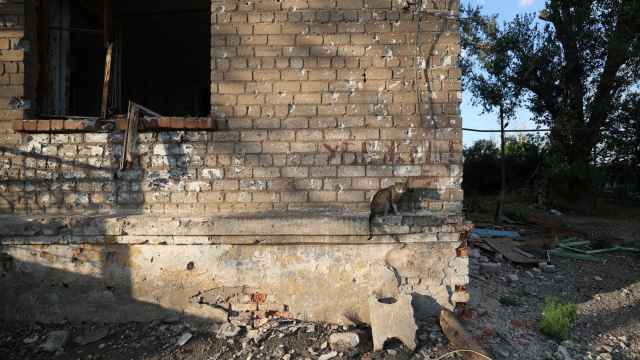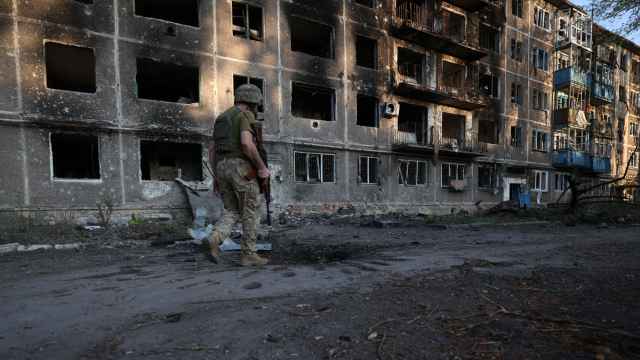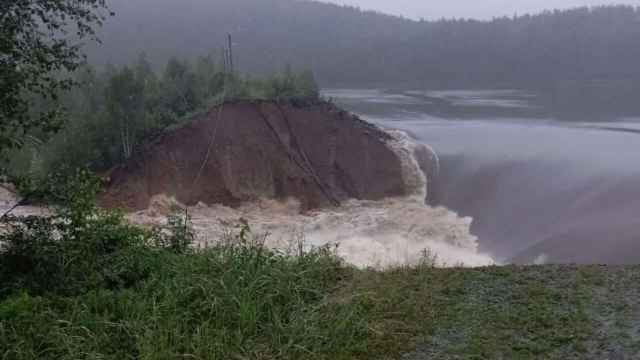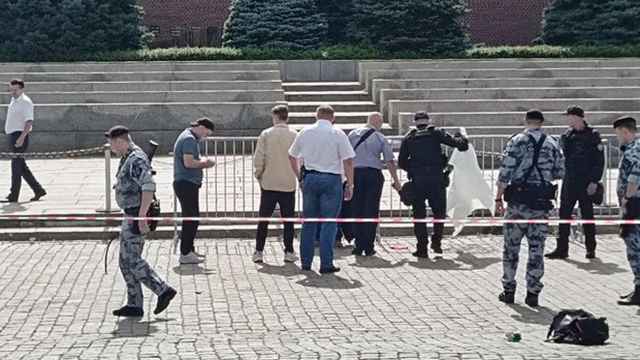The EU Council has formally decided to expand the list of criteria for placing Russian companies on the European Union's blacklist, the council said in an announcement in its official journal.
EU leaders on Wednesday agreed to impose sanctions on Russian companies that are seen as participants in the destabilization of Ukraine, and at the same time asked the EU's bank, the European Investment Bank, to suspend new lending for Russian companies and to seek the suspension of new lending to Russia by the European Bank for Reconstruction and Development, or EBRD.
Russia is traditionally one of the EBRD's biggest beneficiaries: The development bank gave Moscow 1.8 billion euros ($2.43 billion) in loans in 2013 and has pledged another 1 billion euros ($1.35 billion) for this year.
The 28-nation EU is expected to put together a first list of companies and people to be hit with asset freezes by the end of July.
The measures are an attempt to ratchet up the pressure on Moscow, which the bloc accuses of failing to use its influence to de-escalate the conflict in eastern Ukraine.
The EU's decision on Friday to widen the criteria, which came after a Malaysia Airlines flight was shot down in eastern Ukraine last week, killing all 298 people on board, could indicate a willingness to target some of Russia's biggest companies.
Previously, the EU could only impose sanctions on companies if a person associated with that company had been blacklisted for threatening Ukraine's sovereignty, whereas now the bloc can target companies without that restriction.
Furthermore, the amendments let the EU blacklist people and companies that "obstruct the work of international organizations in Ukraine" and freeze the assets of Crimean companies whose ownership has been transferred "contrary to Ukrainian law."
The EU has until now placed sanctions on 72 people in Russia and Ukraine, as well as two energy companies in Crimea, but has been reluctant to heed calls from the U.S. and Ukraine to take firmer action for fear of retaliation from Russia, the bloc's biggest energy supplier.
See also:
A Message from The Moscow Times:
Dear readers,
We are facing unprecedented challenges. Russia's Prosecutor General's Office has designated The Moscow Times as an "undesirable" organization, criminalizing our work and putting our staff at risk of prosecution. This follows our earlier unjust labeling as a "foreign agent."
These actions are direct attempts to silence independent journalism in Russia. The authorities claim our work "discredits the decisions of the Russian leadership." We see things differently: we strive to provide accurate, unbiased reporting on Russia.
We, the journalists of The Moscow Times, refuse to be silenced. But to continue our work, we need your help.
Your support, no matter how small, makes a world of difference. If you can, please support us monthly starting from just $2. It's quick to set up, and every contribution makes a significant impact.
By supporting The Moscow Times, you're defending open, independent journalism in the face of repression. Thank you for standing with us.
Remind me later.






